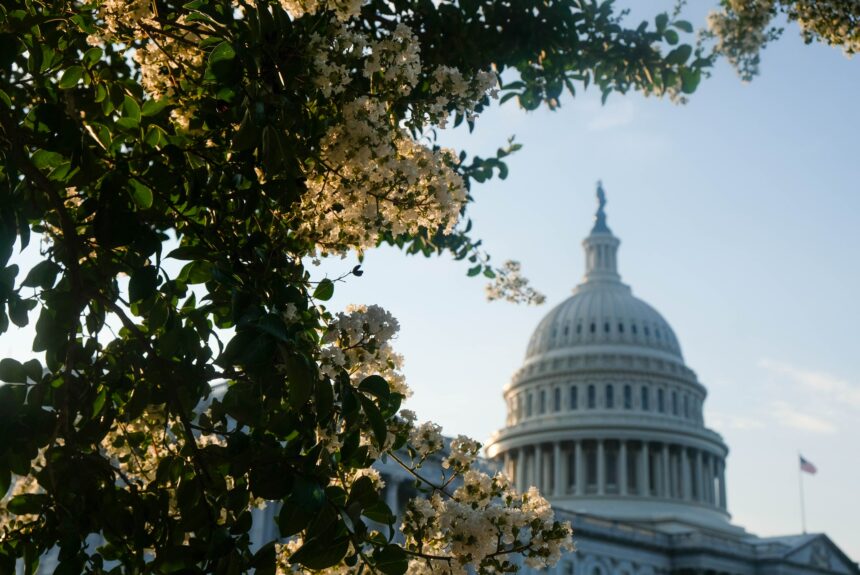Permitting reform has swiftly risen to the forefront in Washington as a pressing national security priority. The United States is grappling with the dual challenges of escalating energy demand and mounting global competition, particularly from China. Despite the critical role of our nation’s energy infrastructure, the U.S. is ensnared in a permitting process that can prolong vital projects by several years—or even decades. SAFE’s Center for Grid Security underscores that overhauling the procedures for approving and constructing energy infrastructure is not just a matter of efficiency—it is a matter of national urgency in the face of escalating global power competition.
Most Department of Defense (DoD) installations rely on the civilian power grid, but the growing strain on our power system is increasingly impacting installations and essential military operations, intensifying the consequences for our national defense. Military installations depend on the grid for command centers, communication networks, and intelligence gathering to maintain operational readiness. The Energy Permitting Reform Act of 2024 (EPRA), currently under consideration in the Senate, would significantly expedite critical upgrades, ultimately ensuring that installations are equipped to handle potential disruptions.
Read more in RealClearEnergy here.
The views and opinions expressed are those of the author’s and do not necessarily reflect the official policy or position of C3.
